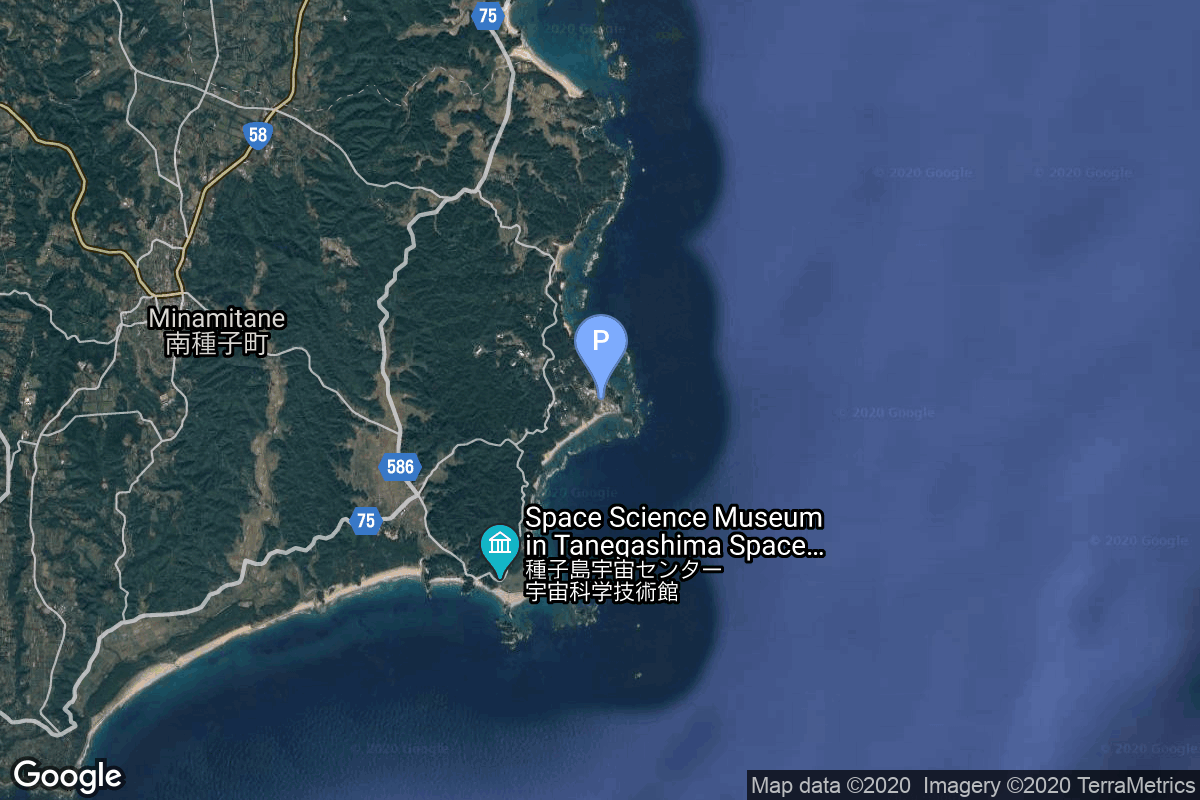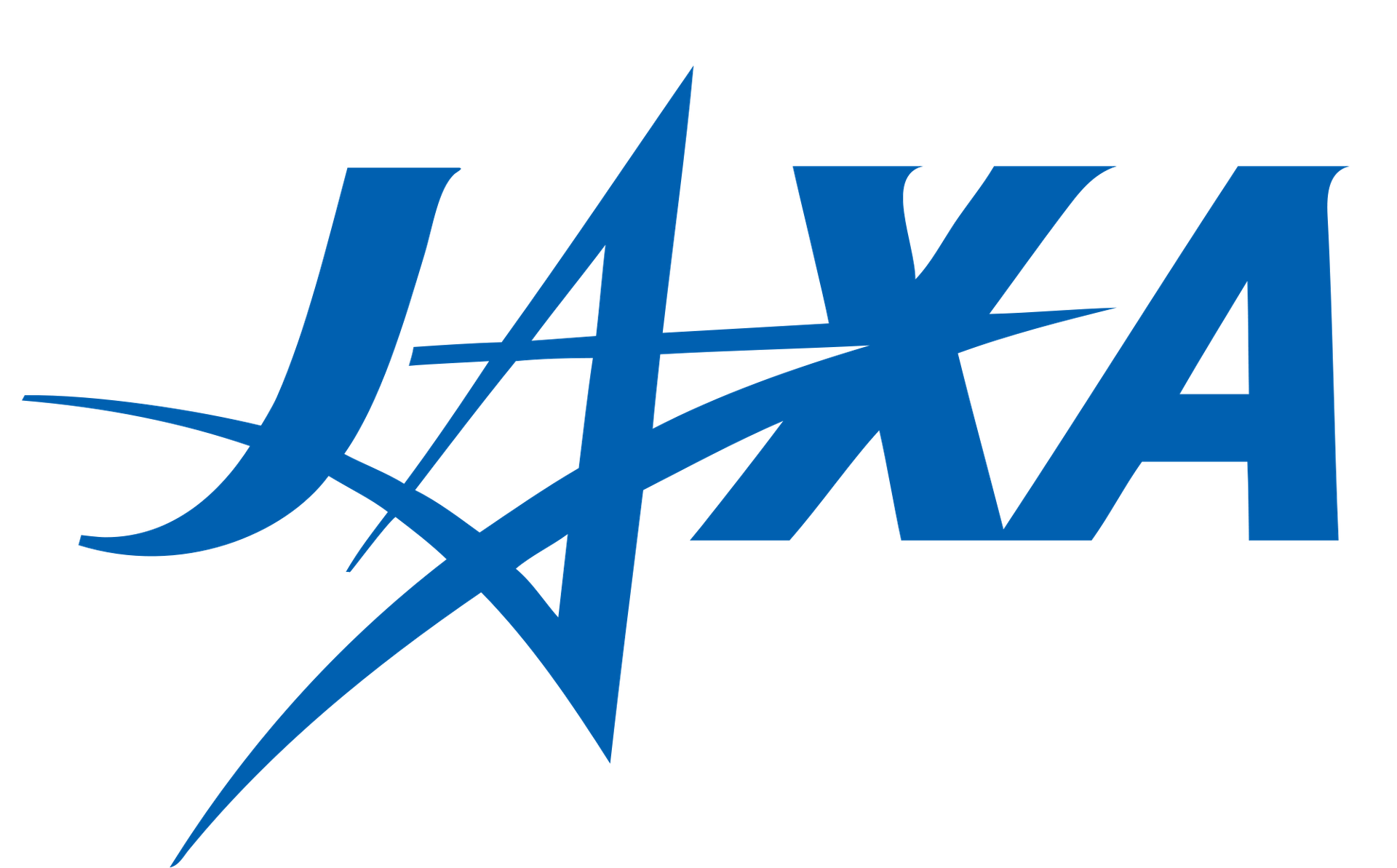SFU & Himawari 5
H-II
Japan Aerospace Exploration Agency
Mission
SFU & Himawari 5
- Type: Astrophysics
- Orbit: Low Earth Orbit
SFU (Space Flyer Unit) was a Japanese space laboratory launched by the same H-2 + SSB rocket that launched GMS 5. It carried an infrared telescope (IRTS), and instruments and supplies for microgravity experiments. Himawari 5 was a Japanese geostationary meteorological satellite built by Hughes Space and Communications.
Location
Yoshinobu Launch Complex LP-1
Tanegashima Space Center, Japan
Yoshinobu Launch Complex LP-1 has witnessed the launch of 55 rockets, including 55 orbital launch attempts, while Tanegashima Space Center, Japan, has been the site for 90 rocket launches.
Rocket
Mitsubishi Heavy Industries H-II
The H-II rocket was a Japanese satellite launch system which flew seven times between 1994 and 1999 with 5 successes. It was developed by NASDA in order to give Japan a capability to launch larger satellites in the 1990s. It was the first two stage liquid fuelled rocket Japan made using only domestic technologies.
Agency
Japan Aerospace Exploration Agency
The Japan Aerospace Exploration Agency (JAXA) is Japan’s national aero-space agency. Through the merger of three previously independent organizations, JAXA was formed on 1 October 2003. JAXA is responsible for research, technology development and the launch of satellites into orbit, and is involved in many more advanced missions, such as asteroid exploration and possible manned exploration of the Moon. JAXA launch their Epsilon vehicle from the Uchinoura Space Center and their H-II vehicles from the Tanegashima Space Center.

